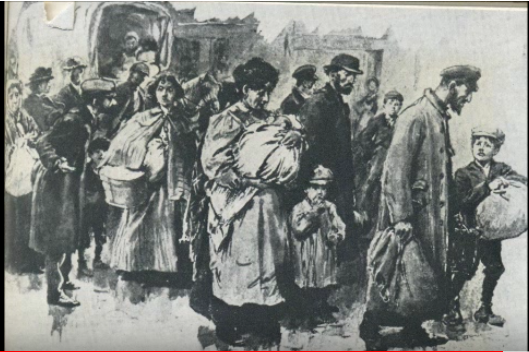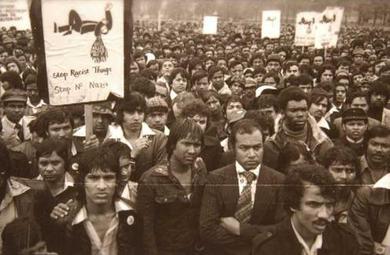A new report from the Media Reform Coalition, based on research by Dr Justin Schlosberg from Birkbeck’s Department of Film, Media and Cultural Studies, has found significant inaccuracies or misleading coverage in news surrounding antisemitism in the Labour party. Two thirds of the TV news segments analysed contained reporting errors or substantive distortion.
In an in-depth case study of 260 articles and news segments from the UK’s largest news providers (including the BBC, Guardian, Sky News, the Daily Telegraph, The Times and the Huffington Post), the research found 29 examples of false statements or claims, six of them on BBC TV news programmes. A further 66 clear-cut instances of misleading or distorted coverage were identified, including omission of essential facts or right of reply, and contentious claims repeated by journalists without verification or qualification. Continue reading “Labour, Antisemitism and the news”



 Liberty
Liberty
